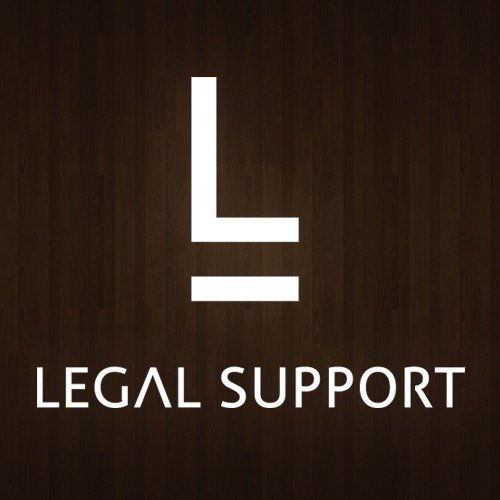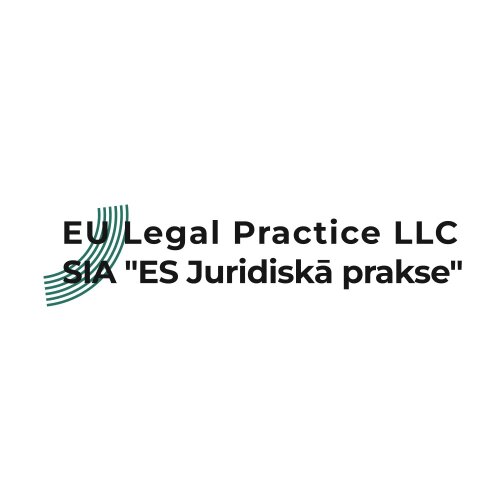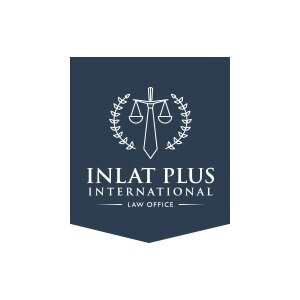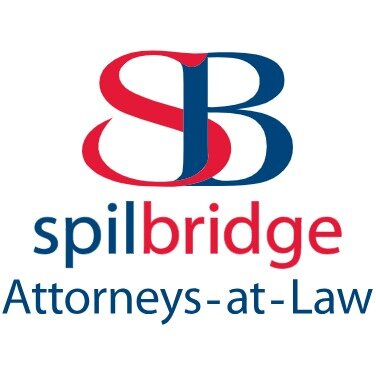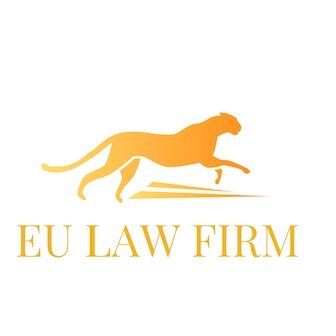Best Sanctions & Export Controls Lawyers in Latvia
Share your needs with us, get contacted by law firms.
Free. Takes 2 min.
Or refine your search by selecting a city:
List of the best lawyers in Latvia
About Sanctions & Export Controls Law in Latvia
Sanctions and export controls in Latvia are legal measures that regulate and restrict the movement of certain goods, technology, finances, and services to and from specific countries, companies, or individuals. These laws are designed to uphold international security, comply with European Union (EU) obligations, and advance Latvia's national interests. Latvia, as an EU and United Nations (UN) member state, implements both UN and EU sanctions alongside its national restrictions. Export controls help prevent sensitive items or dual-use goods from being used in ways that could threaten global peace, such as the proliferation of weapons or evasion of embargoes.
Why You May Need a Lawyer
Legal assistance in sanctions and export controls is vital for individuals and businesses involved in international trade, finance, or logistics. Common situations where legal help may be required include:
- Determining whether a transaction, shipment, or business relationship may breach EU, UN, or Latvian sanctions laws
- Navigating complex dual-use goods and technology controls, especially for exporters and manufacturers
- Responding to investigations by authorities or complying with requests for documentation
- Advising on permitted exceptions or licensing procedures for restricted goods or services
- Mitigating risks of fines, asset freezes, or reputational harm from alleged non-compliance
- Guiding banks, logistics providers, and trade companies on customer or transaction screening
- Appealing fines, penalties, or listing on sanctions registers
Legal experts provide tailored advice to help prevent violations, reduce liability, and facilitate lawful international business.
Local Laws Overview
Sanctions and export controls in Latvia are governed mainly by national regulations harmonized with EU and UN rules. The most relevant aspects include:
- Implementation of EU Sanctions: Latvia enforces EU sanctions regulations directly, affecting trade, financial transfers, and services involving restricted countries or persons.
- National Sanctions Law: The Law on International and National Sanctions of the Republic of Latvia outlines Latvia's frameworks for applying, monitoring, and enforcing sanctions.
- Export Control Laws: The national Export, Import and Transit Control Law, along with EU Regulation 2021/821 (on dual-use items), governs licensing, prohibited transactions, and compliance requirements.
- Responsible Authorities: The State Security Service, State Revenue Service (Customs), and Ministry of Foreign Affairs oversee enforcement and licensing procedures.
- Penalties and Consequences: Violations may result in administrative or criminal penalties, including significant fines, loss of licenses, or criminal prosecution.
- Licensing Process: Certain transactions with controlled items require licenses issued by the Ministry of Foreign Affairs or designated authorities.
Staying current with amendments and guidance is crucial, as sanctions and controls are updated frequently in response to international developments.
Frequently Asked Questions
What are the main types of sanctions applicable in Latvia?
Latvia applies UN sanctions, EU sanctions, and can introduce national sanctions. These may include arms embargoes, asset freezes, travel bans, and restrictions on trade and financial activities.
Who administers sanctions and export controls in Latvia?
The Ministry of Foreign Affairs manages sanctions issues, the State Revenue Service (Customs) oversees movement of goods, and the State Security Service supports enforcement and investigation.
Do Latvian companies need to comply with EU sanctions?
Yes, as an EU Member State, all individuals and entities in Latvia must follow EU sanctions directly, regardless of their industry or size.
What are dual-use goods?
Dual-use goods are items, materials, or technologies that have both civilian and military applications. Exporting or dealing with these goods often requires special licenses.
How can I check if an individual or company is subject to sanctions?
You can consult sanctions lists published by the EU, UN, and Latvian authorities. Legal counsel can help with due diligence and automated screening solutions.
Can I get a license to trade restricted goods?
Yes, in many cases it is possible to apply for a license from the Ministry of Foreign Affairs or relevant authorities if an exception or permitted transaction exists under the law.
What are the penalties for breaches of sanctions or export controls?
Penalties can include substantial fines, loss of business licenses, criminal prosecution, and forfeiture of goods. The severity depends on the nature and intent of the violation.
Are services such as financial transfers also subject to controls?
Yes, financial, legal, brokering, insurance, and other services can be restricted under EU and Latvian sanctions regulations, not just the trade in physical items.
How often are Latvian sanctions laws updated?
Sanctions regulations are dynamic and updated frequently in line with international events and EU decisions. Regular compliance checks are essential.
What should I do if I receive a request for information from authorities?
It is advisable to respond promptly, seek legal advice, and provide all required documentation. Legal experts can help navigate official investigations or audits.
Additional Resources
Several organizations and resources are available to support those seeking guidance on sanctions and export controls in Latvia:
- Ministry of Foreign Affairs of Latvia - provides information and handles license applications
- State Revenue Service (Customs) - offers regulatory updates and compliance guidelines
- Latvian Chamber of Commerce and Industry - supports businesses on trade compliance issues
- EU Sanctions Map and official EU Commission guidance documents
- Legal consultancy firms specializing in export control and sanctions compliance
Next Steps
If you believe you may be affected by sanctions or export controls in Latvia, consider taking the following steps:
- Conduct a risk assessment of your business activities, counterparts, and supply chains
- Consult official sanctions lists and export control schedules
- Reach out to a qualified lawyer specializing in this area to receive personalized advice
- Prepare all relevant documentation for any licensing or compliance procedures
- If contacted by authorities, consult with legal counsel before responding
- Attend industry or government seminars on sanctions and compliance best practices
Addressing sanctions and export controls compliance proactively will help protect your interests, avoid legal risks, and support law-abiding international business operations.
Lawzana helps you find the best lawyers and law firms in Latvia through a curated and pre-screened list of qualified legal professionals. Our platform offers rankings and detailed profiles of attorneys and law firms, allowing you to compare based on practice areas, including Sanctions & Export Controls, experience, and client feedback.
Each profile includes a description of the firm's areas of practice, client reviews, team members and partners, year of establishment, spoken languages, office locations, contact information, social media presence, and any published articles or resources. Most firms on our platform speak English and are experienced in both local and international legal matters.
Get a quote from top-rated law firms in Latvia — quickly, securely, and without unnecessary hassle.
Disclaimer:
The information provided on this page is for general informational purposes only and does not constitute legal advice. While we strive to ensure the accuracy and relevance of the content, legal information may change over time, and interpretations of the law can vary. You should always consult with a qualified legal professional for advice specific to your situation.
We disclaim all liability for actions taken or not taken based on the content of this page. If you believe any information is incorrect or outdated, please contact us, and we will review and update it where appropriate.
Browse sanctions & export controls law firms by city in Latvia
Refine your search by selecting a city.



